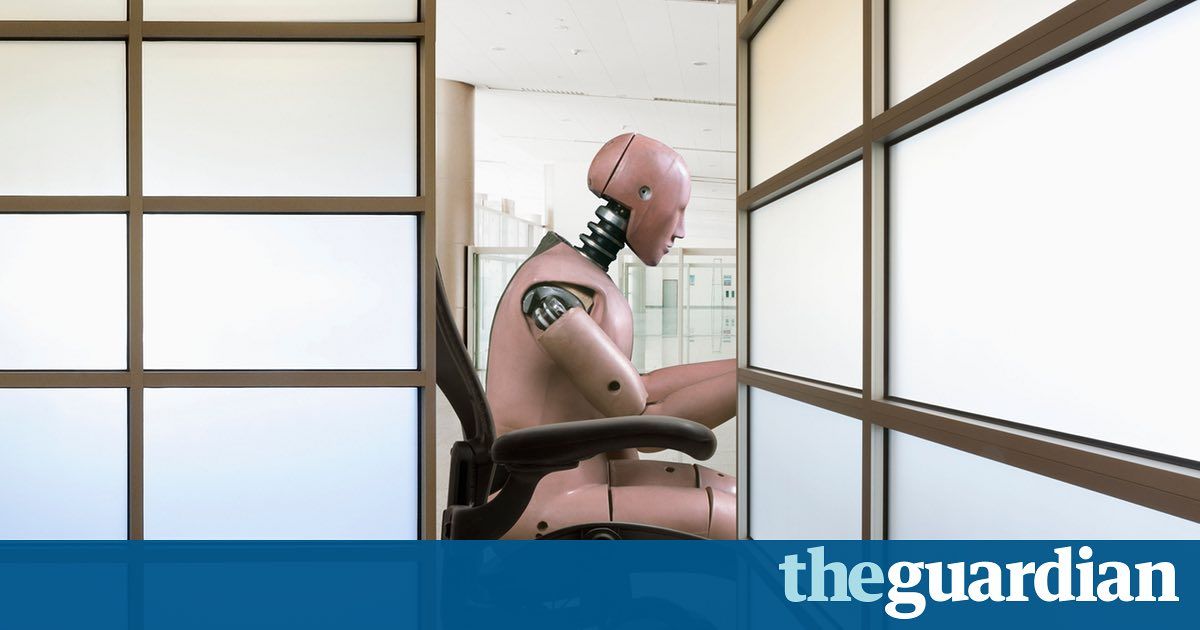Everyone’s talking about private industry getting humans on Mars. Mars trips! Mars houses! Mars colonies! But no one’s going anywhere without the help of one brilliant, peculiar, fantastical space center—NASA’s Jet Propulsion Lab, which is behind almost every amazing feat in the history of space travel. August 2012.
At 2:00 a.m. in the blond hills of La Cañada Flintridge, California, one house stands lit among the others—an open eye in a sleeping town. Bryn Oh, the woman who lives in the house, helps her son Devyn, eight, walk his bike to the parking lot of the high school across the street. Devyn, who just learned to ride, wobbles for a few minutes before pedaling furiously out into the darkness, letting off a whoop as he gets going. Bryn’s older children, Ashlyn, ten, and Braden, thirteen, watch as he goes. David Oh, Bryn’s husband and the reason they’re all up at this uncivilized hour, isn’t there to see it. He’ll arrive home around 3:00 a.m., when he gets off work. Tomorrow will probably be closer to 3:40. Bryn has it all worked out on a spreadsheet.







